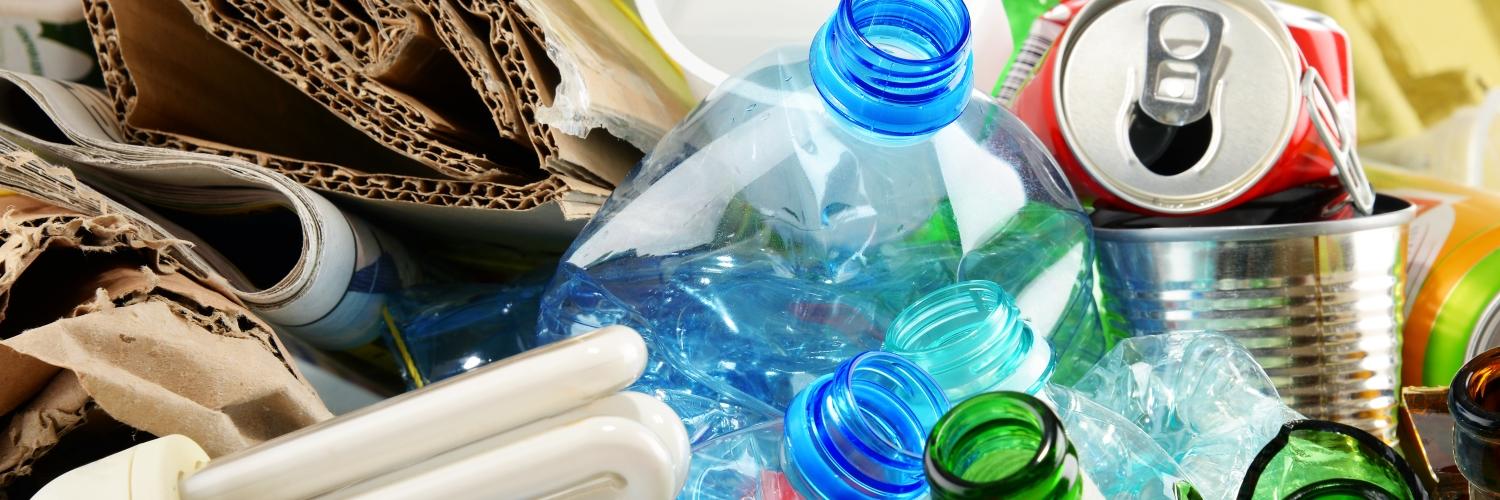
News
12 June 2018
Industry group calls on UK and authorities to take action on waste export
The RDF Industry Group has called on the UK Government and EU to take action to enable RDF export to Europe to continue unhindered after Brexit.
To ensure that the environmental and economic benefits of RDF export continue to be realised, the Group has called on the UK Government and EU to:
- maintain the current legislative framework that allows RDF to be exported;
- ensure that any new customs process does not impede the export of RDF at the UK's borders, and that there are sufficient staff and resources to implement new customs processes; and
- ensure that a trade deal is reached with the EU (and EEA) which provides for a 0% tariff on RDF export.
Since 2010 the export of RDF for treatment in spare energy-from-waste capacity on the continent has increased rapidly. RDF export is a vital and flexible part of the UK's waste management system, accounting for the treatment of 14% of the UK's residual waste. The sector is worth an estimated £0.5 billion annually.
The RDF Industry Group, whose members are drawn from across the RDF supply chain, including major waste management contractors and operators from both the UK and Europe, details the arguments for RDF export to continue in its new publication: Waste Export: Brexit Briefing Note. The briefing note makes the argument that as the UK moves towards a more circular economy, RDF exports provide a flexible, and environmentally advantageous treatment route, providing a safety valve for the waste management industry and allowing the UK government time to develop future waste policy.
Robert Corijn, Marketing Manager at Attero B.V and Chair of the Group, said:
'The environmental and economic arguments for RDF export are clear, both for the UK and its neighbours. The UK Government and EU must act without delay to provide clarity to the industry that exports can continue without hindrance or additional cost and ensure that any new customs process does not impede the export of RDF. '
Robert Corijn (Attero):
"The UK Government and EU must act without delay to provide clarity to the industry that exports can continue without hindrance or additional cost."
The Group's calls have been supported by the Confederation of European Waste-to-Energy Plants (CEWEP). Ella Stengler, Managing Director of CEWEP said: 'CEWEP welcomes the RDF Industry Group's call for RDF exports to continue unhindered as stated in their post-Brexit Briefing Note. CEWEP hopes that, after Brexit, the UK will continue its commitment towards a circular economy, including recycling and reduction of landfilling and greenhouse gas emissions. Sending waste that would otherwise be placed in landfills from the UK to other European countries, where the waste is transformed into heat and/or electricity, has an overall positive environmental outcome and ensures that the value of residual waste as a resource is fully realised. Keeping waste out of landfill will also contribute to the commitment to the Paris Climate Agreement.'
Ella Stengler (CEWEP):
"Sending waste that would otherwise be landfilled to other European countries where the waste is transformed into heat and/or electricity, has an overall positive environmental outcome."
The briefing note explains that sending RDF to other European countries for treatment is better overall for the environment than sending the waste to landfill. Over 700,000 tonnes of CO2 emissions were saved in 2016 by exporting RDF for treatment in Europe instead. This is equivalent to taking over 740,000 cars off the road.
Robbert Loos, Director of the Dutch Waste Management Association, said: 'With highly efficient energy-from-waste facilities that produce both electricity and heat, the UK's RDF displaces more carbon-intense energy generation methods and contributes to the decarbonisation of interconnected energy networks. This important trade must continue and we urge the UK and EU to ensure this vital service is not ignored as Brexit negotiations continue.'
Robbert Loos (DWMA):
"This important trade must continue and we urge the UK and EU to ensure this vital service is not ignored as Brexit negotiations continue."
If Brexit results in operational and/or legislative barriers to RDF export, it would mean more waste going to landfill in the UK each year. That would be to disregard the waste hierarchy, worsen the environmental impact, increase costs and put jobs at risk.
Commenting on the briefing note, Jarno Stet, Secretary of the National Association of Waste Disposal Officers (NAWDO) said: 'NAWDO recognises that the export of waste for energy recovery has brought environmental and economic benefits for a number of our members, allowing them to move waste up the waste hierarchy, and as such we very much welcome working with the RDF Industry Group and government on this topic in years to come.'
Jarno Stet (NAWDO):
"We recognise that the export of waste for energy recovery has brought environmental and economic benefits for a number of our members."

